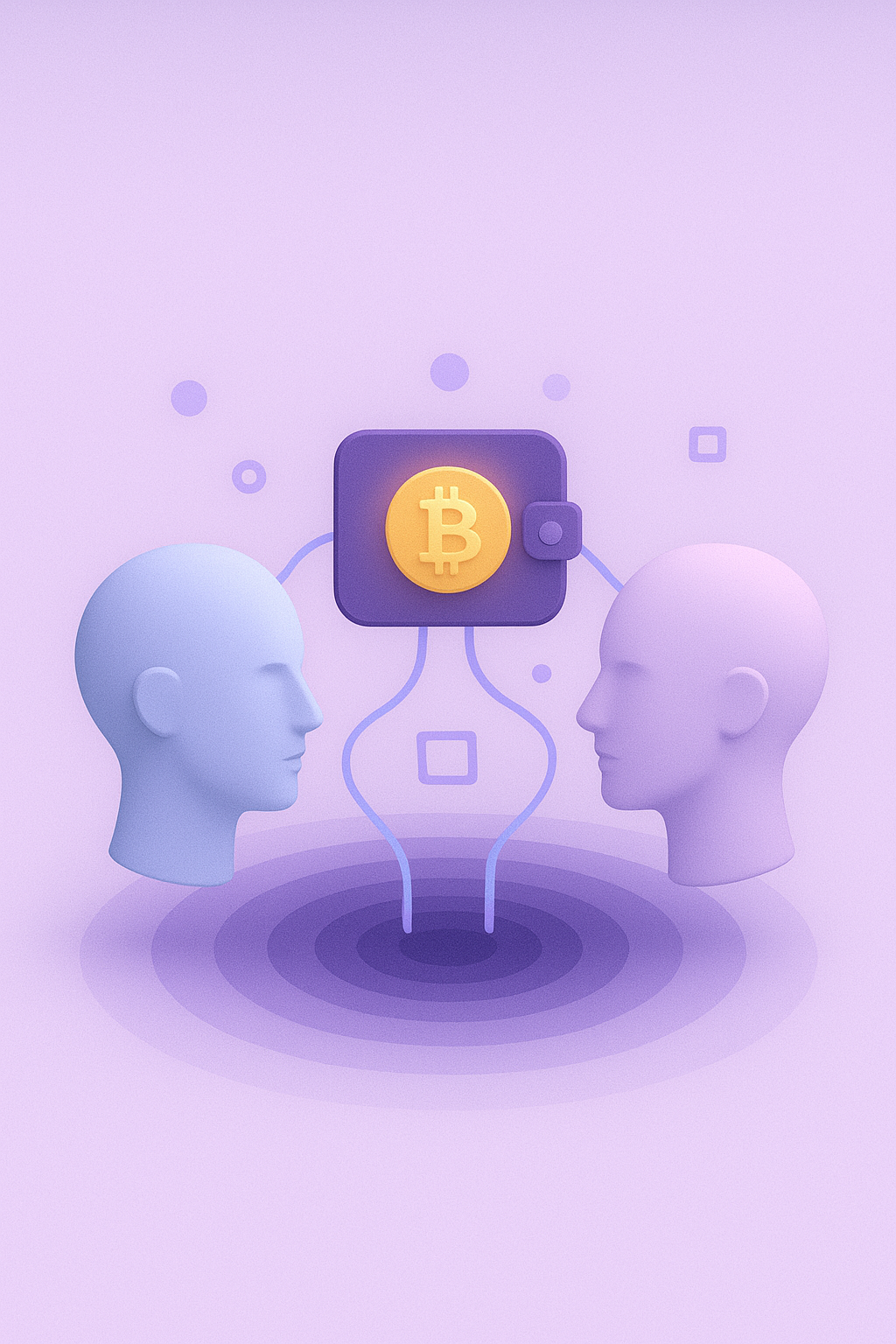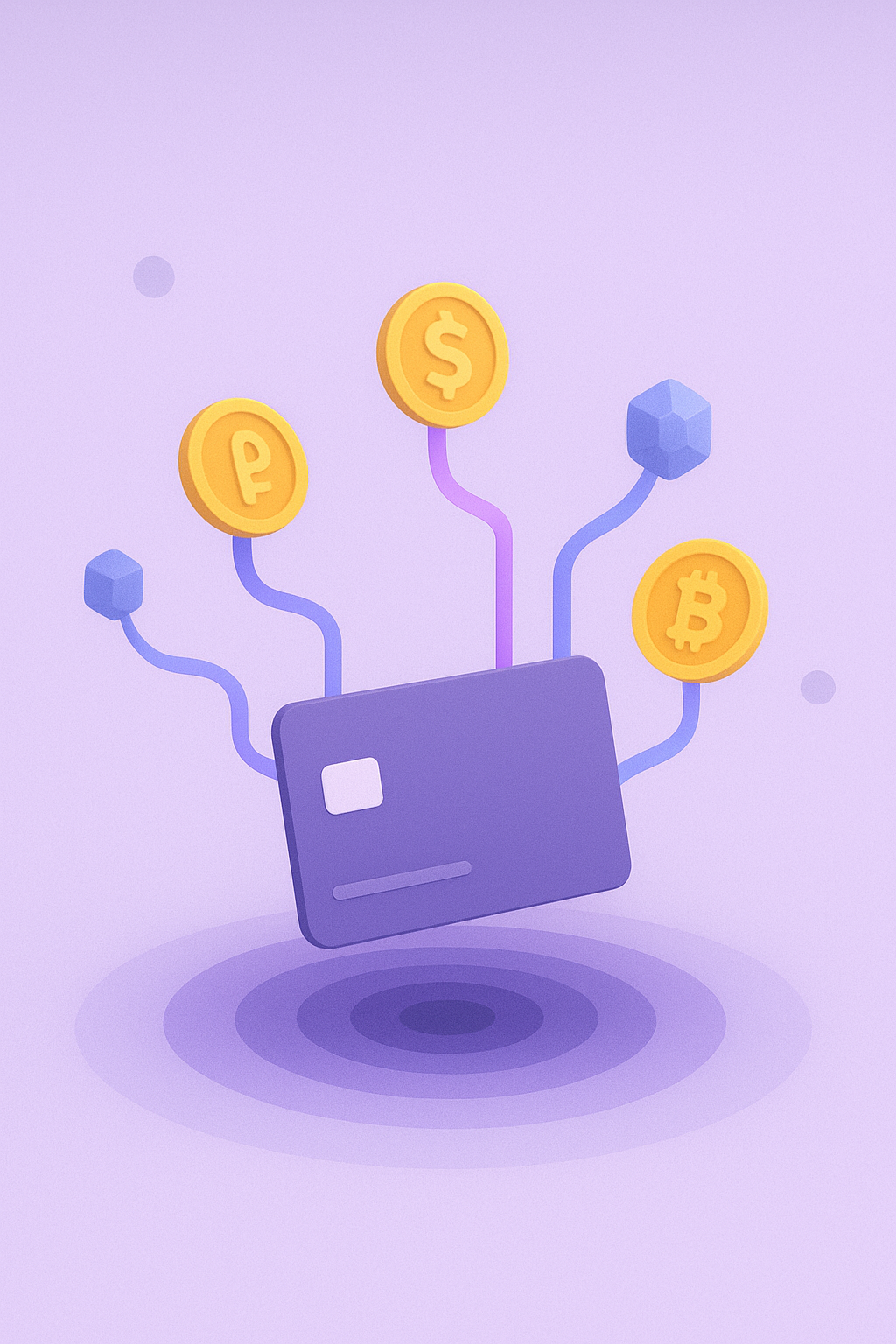Managing personal identity has become increasingly complex in the digital age. Traditional systems often rely on centralized databases, which can be vulnerable to breaches and misuse. Web3 introduces decentralized identity solutions, aiming to return control to individuals by leveraging blockchain technology. This evolution promises enhanced privacy, security, and user autonomy in the digital realm.
Core Technologies Behind Decentralized Identity
At the heart of decentralized identity are Decentralized Identifiers (DIDs) and Verifiable Credentials (VCs). DIDs are unique identifiers generated by users and stored on blockchains, allowing individuals to prove their identity without relying on central authorities. VCs are digital attestations confirming specific attributes of an individual and can be cryptographically verified without exposing the underlying personal data.
Online Gaming as a Case Study in Innovation
This approach is gaining traction across various sectors. For instance, in online gaming, platforms offering no-deposit sign-up bonuses benefit from decentralized identity by streamlining user verification processes. Players can access games quickly without lengthy registration procedures, enhancing both user experience and trust. Unlike traditional casinos, which may require extensive personal information, these platforms prioritize user privacy and convenience, reflecting the values driving Web3 innovation.
Security and Control: Why It Matters
The benefits of decentralized identity go beyond user convenience. By removing central points of failure, these systems reduce the risk of data breaches and identity theft. Users maintain control over their personal information, deciding what to share and with whom. This autonomy fosters a safer, more transparent digital environment where individuals are not dependent on third-party verification systems.
Interoperability and Seamless Digital Access
Decentralized identity solutions also promote interoperability across platforms. Users can use a single digital identity to access multiple services, eliminating the need for multiple logins and passwords. This seamless integration enhances user experience and simplifies authentication across diverse digital ecosystems, from finance to healthcare.
Concrete Initiatives Driving Progress
Several major projects are pioneering this field. Initiatives like Microsoft’s decentralized identity platform and Worldcoin explore how these systems can operate at scale. These companies aim to build inclusive, secure identity frameworks that empower individuals while maintaining transparency and decentralization.
Web3 Principles and the Identity Revolution
In the context of Web3, decentralized identity is more than a technological upgrade—it is a fundamental shift. It aligns with the broader philosophy of decentralization, promoting autonomy, peer-to-peer trust, and reduced dependence on corporate or state intermediaries. As online interactions become more frequent and essential, secure identity models are critical.
Adoption Challenges and Infrastructure Gaps
Despite its promise, significant challenges remain. Widespread adoption of decentralized identity solutions will require cooperation between industries, governments, and civil society. Investments in infrastructure to support these technologies are also necessary, especially in areas where digital access is limited or inconsistent.
Regulatory Considerations and Compliance
Another key issue is regulation. Most current laws are designed around centralized identity models, and adapting them to support decentralized frameworks will take time. Ensuring these new systems comply with data protection standards while enabling innovation will require careful balancing by policymakers.
The Role of Education and Awareness
User adoption also depends on awareness and understanding. Many people do not know how decentralized identity works or why it benefits them. Both public and private organizations must prioritize education to ensure users are equipped to fully leverage these systems.
Future Outlook: A Secure Digital Future
In conclusion, decentralized identity in Web3 represents a bold and transformative vision for the future of digital identity. By adopting these systems, we can create a digital environment that emphasizes privacy, security, and individual control—qualities increasingly demanded by users and regulators alike. Unlike traditional models, where identity is often managed by corporations or governments, decentralized identity empowers individuals to own, manage, and selectively share their personal data.
As this technology matures, it will become a cornerstone of the broader Web3 movement, influencing how people interact online—whether accessing financial services, enrolling in educational platforms, or managing health records. It is not just about convenience; it is about building a fairer, more trustworthy internet.










